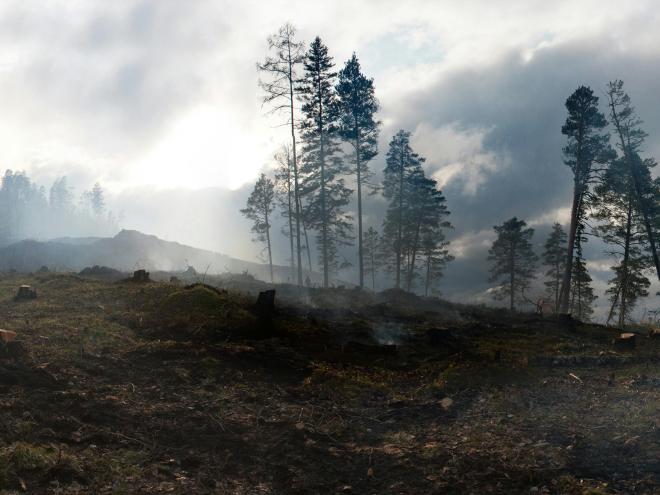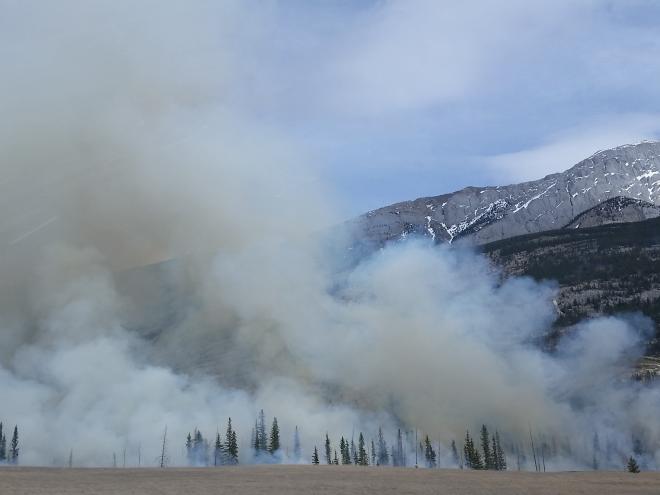Climate change is the biggest global health threat of the 21st Century. Here in Canada, its impacts are already being felt, from increased flooding and extreme heat to more severe wildfire seasons. While the hazards of climate change are well-documented, many health professionals don’t feel equipped to talk about the health impacts with their patients, colleagues, or decisionmakers.
New toolkit supports physicians in discussing the health impacts of climate change
A new resource from the World Health Organization (WHO), Communicating on climate change and health: Toolkit for health professionals, aims to provide physicians, along with all health care professionals, with the tools necessary to discuss climate change and its health impacts with patients, peers, and other groups. It covers the health effects such as food insecurity, increased cancer rates, and severe mental health impacts, and supports physicians to:
-
Understand the health impacts of climate change, and how climate action can deliver health benefits
-
Build confidence to communicate about this issue to patients
-
Discuss climate change confidently with peers, media, politicians, and other health care partners
-
Empower your patients and your medical community to take measures to limit the impacts of climate change on their health and wellbeing
The toolkit also includes communication and storytelling tips physicians, and others, can use for varied audiences, including patients, journalists, decision-makers, and policymakers. It was developed by the WHO in collaboration with Health Canada, the Global Climate and Health Alliance, George Mason University Center for Climate Change Communication, Medical Society Consortium on Climate and Health, Climate and Health Alliance Australia, and the Canadian Medical Association (CMA).
Learn more about how you can use the toolkit
The Canadian Medical Association is hosting a virtual dialogue session with the WHO on August 19, from 9:00am – 10:30am PST. This session will:
-
Explore how the toolkit can support effective conversations about the intersection of climate change and health
-
Discuss ways to adapt the toolkit to address the specific needs and challenges of Canadian health care professionals
-
Identify opportunities to increase awareness of the toolkit and other resources to strengthen health professional advocacy initiatives around climate change and health
Doctors of BC’s policy on climate change
Doctors of BC recognizes the gravity of climate change and its impact on our environment, the health of British Columbians, and our health care system at large. We know that physicians have a crucial role in communicating the population health impacts of climate change, as well as contributing to strategies to reduce potential harms. In our policy statement Climate Change and Human Health, we include recommendations on sustainability, promoting emergency preparedness, and other climate change mitigation and harm reduction strategies. You can learn more about these recommendations and our commitments as your professional association in our Climate change and human health news article.



